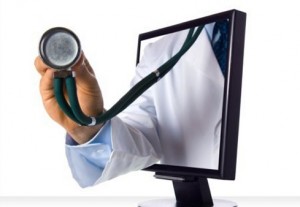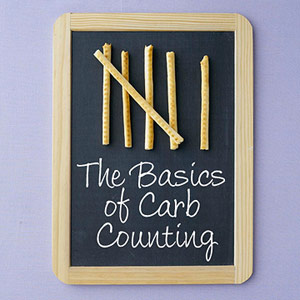Today I’d like to share a guest post by Ally Ertel. Ally, a model in New York City, graduated with a degree in Women’s Studies with Honors from University of Florida, and is a regular contributor to SusanMinerBeauty.com. When I read Ally’s post I felt she was echoing exactly what I’ve been saying on my blog for almost two-and-a-half years.
Sometimes, you’re just having a rough day. Nothing seems like it’s going right…you wake up exhausted, your hair is a mess, you forgot you have to stop at the store before work, and you rush out the door only to realize you forgot your umbrella and it’s pouring outside.
And all day you rehearse these moments of frustration thinking thoughts like, “I wish this didn’t happen” and feeling a constant annoyance. You’re practically expecting more things to go wrong as the day goes on. How do you feel at the end of a day like that? Probably not very happy…that’s for sure!
I was having one of those days this week. But instead of rehashing the whole awful day in my head, I remembered I had a choice in what I wanted to focus on. So, I reached for my journal and I redirected my energy on what DID go right in my day.
“Energy flows where attention goes.”
The more you think about all the frustrating things that happened in your day, the worse you will feel. And the worse you feel, the more of those frustrating situations you will create in your life. Because if you’re expecting your day to continue terribly, it will. You’re much less likely to see a possible opportunity in the chaos and be a creative problem solver with thoughts like that.
We always have a choice to pay attention to our thoughts, interrupt them, and consciously re-direct them towards what we want whenever we notice this pattern.
You definitely don’t have to wait for the end of the day to do this. As soon as you notice yourself going to that awful mental place, you can choose to refocus your energy on something positive, something that makes you smile no matter how bad your day is going. You may have to dig really deep sometimes but there is always something to be grateful for to shift your energy. Maybe all you need is to just interrupt the pattern of negative thinking for a few minutes and you’ll see it from a different angle.
This exercise of paying attention to your thoughts and purposely re-focusing your energy is a constant exercise and it’s definitely not easy! But the more you do it, the easier it becomes.
Journaling is one of the best ways I’ve found because it physically forces me to refocus my energy. But maybe it isn’t the route for you. Instead, you could try:
Talking with a friend/mentor to help you see the positive side of a difficult situation.
Moving your body! Run, walk, do a 1 minute silly dance and you’ll likely feel even just a little bit better.
Even better, try some energy work. Find a 5-minute calming meditation online…or try a few of the exercises on previous blog posts (Wayne Cook posture, Anxiety meditation, etc.). Even just three solid deep breaths are often enough to leave me feeling calmer and more centered.
With light and love,
Ally
 I’m a huge believer in doing things remotely – work, meetings, and now health care!! It seems that the Centers for Medicare and Medicaid (CMS) are looking at paying physicians for non face-to-face encounters with patients who have chronic diseases. Hopefully this will lead to payment for all providers (nurse practitioners and physician assistants) as well as diabetes educators, someday.
I’m a huge believer in doing things remotely – work, meetings, and now health care!! It seems that the Centers for Medicare and Medicaid (CMS) are looking at paying physicians for non face-to-face encounters with patients who have chronic diseases. Hopefully this will lead to payment for all providers (nurse practitioners and physician assistants) as well as diabetes educators, someday.




